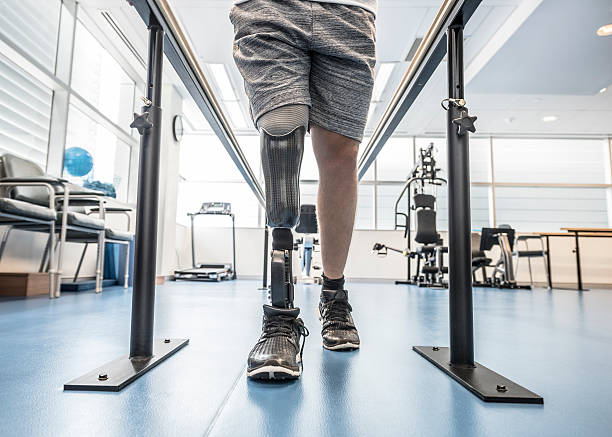Erik Maltais was “a pre-diabetic, little chubby kid” growing up in New Hampshire when he became incensed over the absence of ice cream trucks in his neighborhood.
So Maltais, the co-founder and CEO of the tech startup Immertec, recruited a jobless neighbor to drive an ice cream truck, starting his first business at the age of 14. He soon was raking in $5,000 a day . He dropped out of school, discovering that he loved being an entrepreneur “confronting problems and solving them.”
“A lot of people precede what their outcome is going to be: ‘I probably won’t be successful with that so let’s not waste any time’ but me? I like wasting time,” laughs the 36-year-old Marine Corps vet. “I say, ‘what’s a problem big enough that’s worth wasting my time?’”
Maltais and his business partner, virtual reality developer Jon Clagg, had identified such a problem before launching Immertec by creating a unique live-streaming platform that uses virtual reality to allow surgeons to remotely train, communicate and collaborate in the operating room — all in real-time.
While virtual reality “was built for games,” Maltais says, “Jon saw that there was potential for so much more than games.”
Erik Maltais has created a unique live-streaming platform that uses virtual reality to allow surgeons to remotely train, communicate and collaborate in the operating room — all in real-time. Immertec, which was founded in 2017, moved to the clinical space last year and now its patented 3D live-streaming technology and VR headsets — such as the Occulus Quest — provides trainees with a fully immersive, 3D experience “just as if they were there in the operating room,” Maltais says.
Additionally, Immertec’s technology enables medical device companies to get their products to market faster while giving physicians access to modern devices.
“We were the first company to do a live, 3D fully-immersive communications training,” Maltais likes to remind everyone. Immertec’s 3D technology is vital because in-person training requires multiple logistics and coordination of schedules that can sometimes take years.
Physicians generally prefer to be trained by experts while experiencing the stress of an environment instead of by simulation. Moreover, research also shows that comprehensive surgical coaching and expert feedback enhances surgical training.
“Would you have wanted the doctor operating on you to have played a video game or actually have watched the surgery with an expert performing it and asking them specific questions?” Maltais asks.
Immertec’s Internet Protocol is built around the creation of 3D, the compression of it, and the delivery of it in less than 200 milliseconds.
“If you look at YouTube or Facebook, there’s about seven seconds in latency in streaming. With a surgery, that’s life or death,” Maltais says.
Immertec has trained close to 100 surgeons thus far and is using its technology for observation and training in a handful of operating rooms in Fort Worth, Texas and Tampa, Fla.
“Our ultimate vision is to have doctors use it to consult with top surgeons around the country during a medical procedure,” says Maltais, who quickly adds, “That would increase patient outcomes while decreasing the burden on surgeons and reducing healthcare expenses.
“In the states alone and on a global scale, it would be life changing,” he says.
Five billion people in the world lack access to safe, timely and affordable surgery, according to the 2015 Lancet Commission on Global Surgery.
To combat the problem, the number of surgeons in the world would have to double by 2030 — “a super ambitious goal,” Maltais says.
Moreover, one in three Americans lives in a region without a complete trauma system, according to the American College of Surgeons.
“We saw the problem was not a lack of textbooks, not a lack of universities,” Maltais explains. “The problem was that there’s not enough access to innovative procedures and devices for opinion leaders, for people who are on the cutting edge.”
Not many medical specialists have been able to use virtual reality in clinical healthcare use because it’s still “theoretical” and is in the process of being tested.
While Immertec is now hyper-focused on health care, its technology could ultimately be used for the engineering and aviation industries. It could even be used to remote specialists and experts to the International Space Station, Maltais says.
Maltais says VR and augmented reality are the next competing medium. Twenty years from now, he envisions people wearing VR headsets like people wear sunglasses today, allowing them to see someone’s LinkedIn account and connect instantly or their dating app and match with their profile. — By Brenda Gazzar, California Business Journal
Copyright © 2020 California Business Journal. All Rights Reserved.
This article was edited and published by Rick Weinberg, California Business Journal’s Founder and Editor-in-Chief. Click here for Rick Weinberg’s biography.




